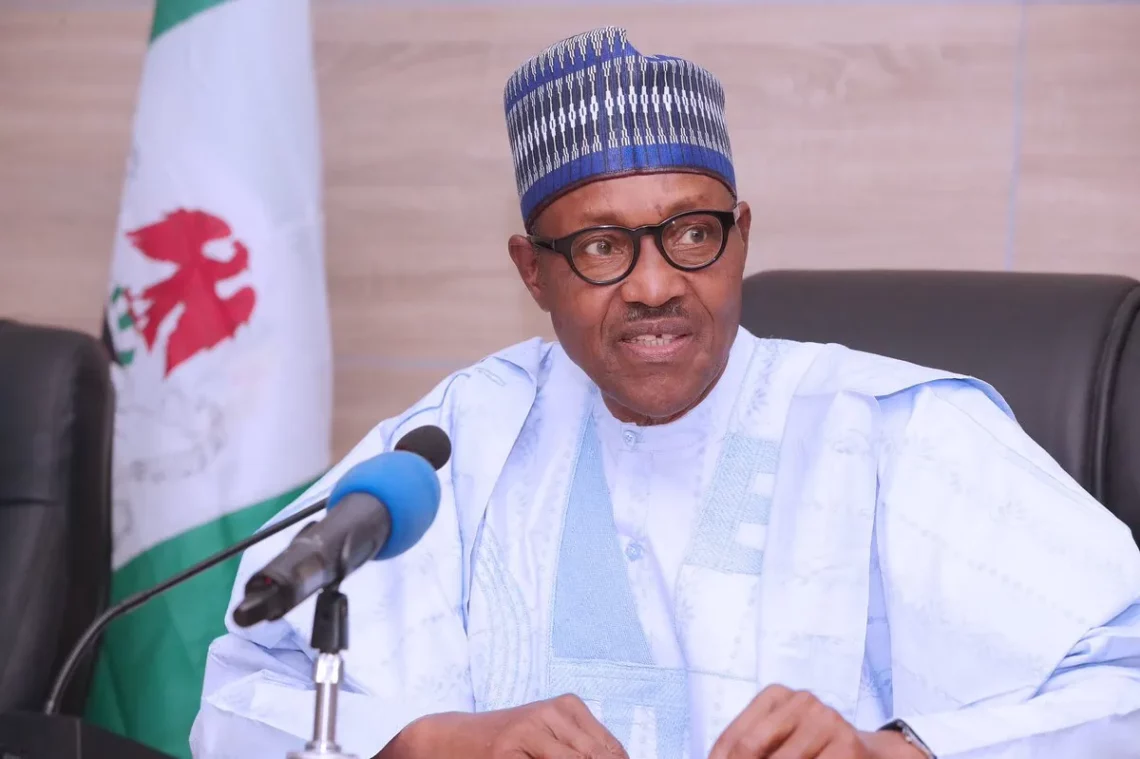One of the reasons President Muhammadu Buhari was popularly elected to office in 2015, and by extension in 2019, was his perceived dogged will to fight corruption in Nigeria. That Nigerians overwhelmingly voted him to power bespeaks their belief that much of the country’s woes stem from corruption, and that he could root it out.
Although corruption is not the only problem Nigeria faces, the seeming ubiquity of the menace has much ramification that may be a clog in the wheel of Nigeria’s prosperity.
The World Economic Forum’s Fiscal Monitor’s position on the issue bolsters that fact. The forum says corruption prevents people from benefiting fully from the wealth created by their country’s natural resources.
IMF research conducted in 2016 found that resource-rich countries, on average, have weaker institutions and higher corruption. Because the exploration of oil or mining generates huge profits, it creates strong incentives for corruption. Nigeria, being a resource-rich country, is not immune. If the findings of this IMF research are anything to go by, this country is a naturally attractive breeding ground for corrupt practices.
Commodity-intensive industries such as mining, construction and oil & gas extraction are areas where chief executives feel that corruption poses a significant threat, according to a recent Transparency International (TI) report. This makes sense as extractive industries are often in less developed economies, where corruption tends to be more of a problem and require a set of permits and official interactions with government which can create opportunities for bribery, and so, corruption. Also, these are sectors where demand for commodities is expected to be inelastic partly due to the lack of alternatives. An additional incentive for corruption in resource-rich developing countries is that more often than not the institutions are too weak to resist such practices.
Another IMF survey in 2017 showed that lower levels of perceived corruption have significantly less waste in public investment projects. It is estimated that the most corrupt emerging market economies waste twice as much money as the least corrupt ones. Governments waste taxpayers’ money when they spend it on cost overruns due to kickbacks or bid rigging in public procurement. So, when a country is less corrupt, it invests money more efficiently and fairly.
Another IMF survey in 2018 analyzed more than 180 countries and found that more corrupt countries collect fewer taxes, as people pay bribes to avoid them, including through tax loopholes designed in exchange for kickbacks. Also, when taxpayers believe their governments are corrupt, they are more likely to evade paying taxes. The survey also showed that overall, the least corrupt governments collect 4 per cent of GDP more in tax revenues than countries at the same level of economic development with the highest levels of corruption.
Corruption also distorts government priorities. For example, studies show that among low-income countries, the share of the budget dedicated to education and health is one-third lower in more corrupt countries. It also impacts the effectiveness of social spending. Moreover, in more corrupt countries school-age students have lower test scores, as the evidence is beginning to show in some Sub-Saharan countries’ poor public exams performance where corruption is evident.
A PriceWaterHouseCooper’s analysis shows that a one notch-increase in perceived corruption levels is associated with a $380 decrease in GDP per capita and so lower standards of living. Conversely, persistently lower levels of perceived corruption are associated with higher levels of GDP per capita. While correlation does not necessarily imply causation, as there could be many other factors driving income levels, there are good reasons to believe that reducing corruption should also boost economic prosperity.
While President Buhari may have the best of intentions to root out corruption from the Nigerian society, history shows that he’s not likely to succeed as a person. With barely eight months remaining in office, there are still reports of rampant corruption in the civil and public service.
The job would be much easier for him if he focused his attention more on strengthening institutions.
Barak Obama, the erstwhile U.S. president, may be remembered for telling the Ghanaian parliament a decade ago that “Africa does not need strong men, but strong institutions.”
History has shown that countries that have strong institutions remain strong, even after their strong men leave the scene.
Probably the best legacy President Buhari can leave for Nigerians is strengthening, reinforcing and shock absorbing the country’s corruption fighting institutions.





